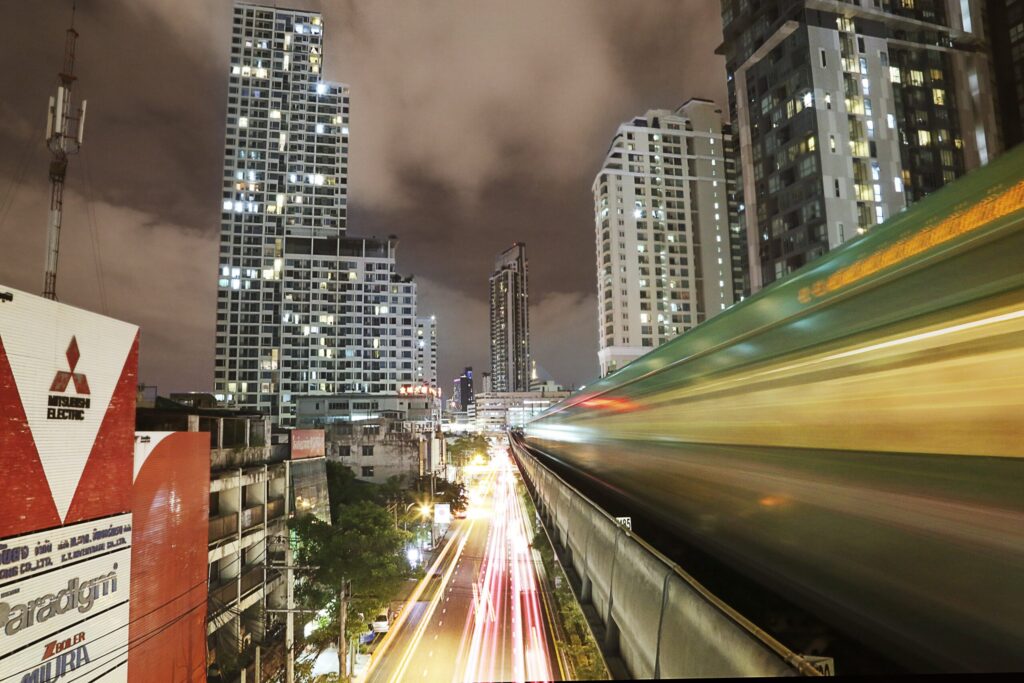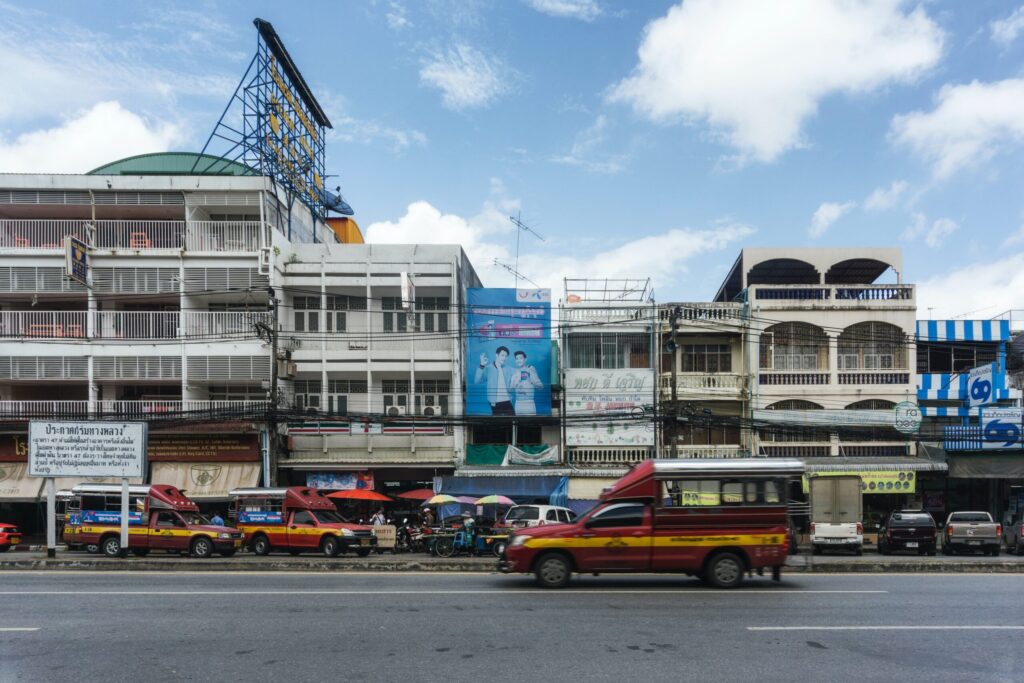Restrictions on shipping and industrial production have adversely affected the chemical supply chain. Logistics issues, staffing shortages and rising inventories are forcing chemical companies to cut production. Worker shortages, lack of drivers and roadblocks have collectively made it difficult to move a product. Heavy reliance on migrant workers has made production and trade extremely vulnerable.
China currently accounts for more than half of global capacity for several product groups including the polyester chain, purified terephthalic acid (PTA), polyvinyl chloride (PVC), methanol and methyl tertiary butyl ether (MTBE).
Rising Inventories
With a third of the global polyethylene demand emerging from China, the country’s polyethylene (PE) market saw an inventory build-up in February as a result of the coronavirus outbreak. This could mean more downstream convertors resuming production in March, thus mitigating the pressure from unsold stocks. However, this could also lead some producers to export in an effort to reduce inventory – adding to the pain for Asian producers who normally export to China. The combined pressure from both sides of the supply chain is forcing companies to rent larger spaces on ad-hoc basis to manage their stocks, increasing their costs.
Bearish Demand Sentiment
On the demand side, most lubricant companies have decided to delay their return to production, likely until downstream end users return to work. Demand from lubricant makers is expected to remain bearish until the end of March amid the coronavirus outbreak, and it is unlikely to recover in the short term. Weakened demand has also stopped export of integrated chlor-vinyl producers by South Korea, Japan and Taiwan into China. PVC demand too is expected to reduce by 30% to 50%.
Prices Now Volatile
The restrained downstream demand and inventory buildups have dragged down prices of naphtha, benzene, paraxylene and mixed xylenes along with domestic PE and local LLDPE prices. On February 17, 2020, domestic linear low-density polyethylene (LLDPE) prices in East China were assessed at 6,650 yuan per metric ton on average, down by 8.9% from the pre-lunar holiday level.
Indian Drug Manufacturers Association, which represents more than 900 drug producers, faces supply shortages and rising prices of raw material. The prices of some antibiotics, vitamins and other medicines have gone up by 15%-50% due to the fear of disruption in supply of ingredients.
Falling Production and Operating Rates
Multiple important high-capacity Chinese production plants are now forced to lower their production run by 25% to 30%, with some plants delaying their restart.
Affected petrochemical markets include polycarbonate (PC), bisphenol-A (bisphenol-A), nylon, and all the other engineering plastics, with volumes of PMA and propylene glycol derivative shipments too being delayed, leading to price adjustments.
Other major sectors that are affected are polymers, with MMA down to 40%, PDH – 78%, the benzene and styrene sector, about 65% of downstream acrylonitrile butadiene styrene (ABS) plants and 40% of polystyrene (PS) plants, naphtha-based PE – 75%, PE at 40% and polypropylene at 30%-60%. The PVC production loss in February was estimated at 140,000-200,000 metric tons.
Industrial Chemicals such as methanol, acetic acid and polyolefin converters also saw lowered production run rates to 67%-75%.
Region-Wise Updates
Some Gulf Cooperation Council (GCC) polyethylene terephthalate (PET) buyers turned to regional suppliers. South Korean producer SK Global Chemical ordered its employees working at its petrochemical facilities in Wuhan to return to Korea. Furthermore, Germany-based bulk liquids and chemicals logistics firm Hoyer stopped operations until February 15, 2020, to assess the environment and production and market conditions.
The Indian Supply Chain Environment
High risk supply chain disruptions are expected for fluorine, amines (for APIs and agrochemicals) and domestic ABS.
India is also dependent on China for titanium dioxide, carbon black, acetic acid, citric acid, aniline and calcium carbide. The chemicals whose total imports are quite substantial compared to domestic production are caustic soda, acetic acid, acetone, phenol, aniline, isopropanol, PVC, nylon and VAM, a key raw material for adhesives. Vinati Organics, among other manufacturers, has reassured customers of adequate inventory with no repercussions of the outbreak.
This current 5% to 10% shift in demand from China to India could be a game changer for fine and specialty chemical producers like Aarti Industries that will look to enhance production capabilities for API intermediates among others.
Road to Recovery
Buyers in Southeast Asia and India are still cautious of the trade developments in March. With Indian suppliers gaining a temporary shift in momentum, with 54% of their chemical imports being petrochemicals, their focus might now shift to Europe for raw materials sourcing and making inroads into the chemical markets there.
In Europe, the supply-demand situation remains virtually unaffected; however, industries there will have to wait and see if prolonged shutdowns will impact trade and imports for European majors. The market balance in Europe is unlikely to be affected as prices were already quite low for European refiners’ products.
In the US, there are no signs of a fallout yet. So far, prices have remained unaffected; posted price increases are sticking and spot values for domestic buyers are firm. A firmer market outlook is expected at least at the start of Q2 2020.
Although the US and Europe seem unaffected, demand shocks witnessed by the global market in recent times seem bigger than those felt during the recession of 2008-2009. In the case of specialty and contract research and manufacturing services (CRAMS), any increase in input cost is likely to be passed over to clients. Companies with stronger production networks in other Asian countries outside China may be better positioned to sustain and may prove to be more resilient in the long term.








